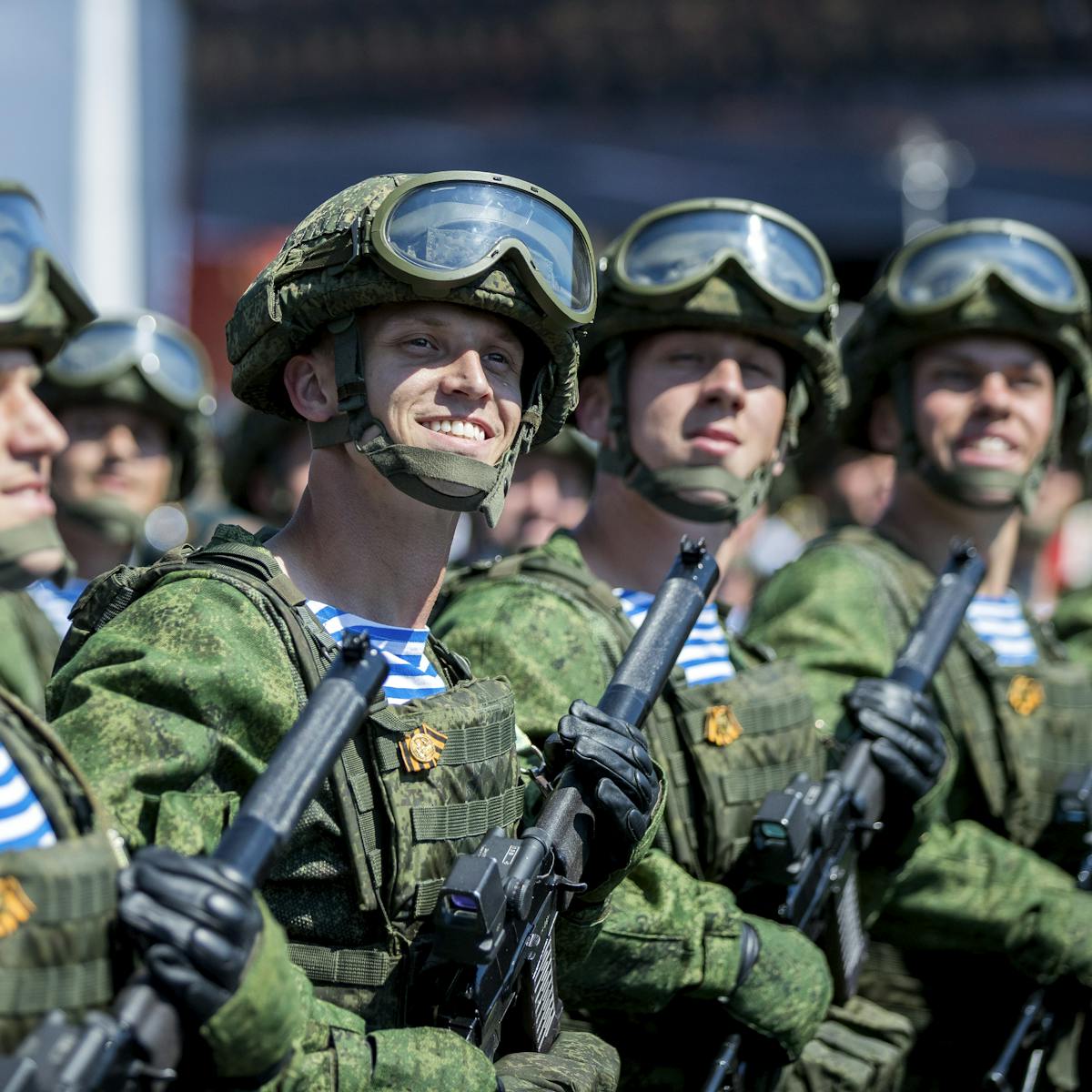speaking prior to his inauguration in January 2004, Saakashvili stated
that the restoration of Georgia’s territorial integrity was his first priority
and he expressed his desire to “consolidate” the country by seeking
resolutions to the frozen conflicts of the Shevardnadze era, emphasizing
that “Georgia as a single organism does exist”. The Georgian leader has
described Abkhazia as the “promised land” and his “most cherished goal,”
ominously pledging that “[j]ust as President Putin wants to establish control
over Chechnya and all other regions,
I want Abkhazia’s reintegration in
Georgia”.7
These ambitious declarations have also been backed up by
substantive action. At the end of May 2004, buoyed by his success in
Ajaria8
Saakashvili offered Abkhazia and South Ossetia “special status”
within Georgia, proposing the creation of a federal state containing
republics with considerable autonomy. Tbilisi has focused on seeking a
resolution to the dispute with South Ossetia, largely because, of the two, it
was perceived to be the region that would be the most willing to
compromise and make concessions with Tbilisi. Moreover, the United
Nations is involved in conflict resolution in Abkhazia, thereby alleviating
some of the pressure on Tbilisi. While the South Ossetian conflict shares
many similarities with the Abkhaz conflict, the territory involved is much
smaller and ethnic Georgians are still living in the disputed region,
unlike
the situation in Abkhazia, where the majority have fled. South Ossetia is not
seeking to become an independent state. Rather, it is calling for
reunification with fellow Ossetians in the Russian republic of North OssetiaAlania, across the international border in the North Caucasus, and hence is
seeking to become a constituent part of the Russian Federation. Russian is
the region’s official language, the Russian ruble is the official currency, and
in February 2004 the South Ossetian leader, Eduard Kokoity, proclaimed
that 95 percent of the republic’s population of approximately 100,000 had
adopted Russian citizenship.
Abkhazia is seeking full independence, an ambition its leaders insist
is non-negotiable. This autonomy would be based on close political and
economic integration with Russia. Following his election to power at the
beginning of 2005, the Abkhazian leader Sergei Bagapsh stated that
integration with Russia was a priority for his government. He described
Abkhazia as being tied to Russia “by an umbilical cord” and said his
administration would do “everything we can to make the laws and the acts
of legislation of the Republic of Abkhazia dovetail with those of the Russian
Federation.”9
Similar to South Ossetia, a majority of the republic’s
population has adopted Russian citizenship. In August 2005 the Russian
Foreign Ministry confirmed that over 80 percent of Abkhazians hold
Russian passports, a figure that Bagapsh confidently expects to rise,
particularly following a declaration from Moscow that, as of 1 December
2005, it will no longer pay pensions to those Abkhazians who do not hold
Russian passports.
One reason for the high percentage of Abkhazia’s population
holding Russian citizenship is that the majority of ethnic Georgians were
either expelled from the republic or fled during the war. The conflict in
Abkhazia resulted in demographic changes in the region that have been
described as “unacceptable” by the UN and triggering claims of ethnic
cleansing from Tbilisi: a major stumbling block in negotiations is Georgia’s
demand for official recognition that ethnic cleansing took place.
Around
300,000 ethnic Georgians fled the fighting in 1992-1993 and little is being
done to facilitate their return. Those who do attempt to return to their homes
in Abkhazia are often subjected to persecution and Bagapsh has advised
those residents who refuse to adopt Russian citizenship to leave the
republic and move to Georgia.10
There is a special regime in place for ethnic Abkhazians and
Ossetians to claim Russian citizenship which bypasses the usual lengthy
application process. These peoples are keen to acquire Russian passports,
as their refusal to acknowledge Georgian statehood means they do not
hold Georgian passports and hence are unable to travel beyond the
country’s borders. Abkhazians and South Ossetians are also excluded from
the visa regime Russia imposed on Georgian citizens in December 2000, a
move described by the European parliament as the “de facto annexation of
Georgian territory.”11


